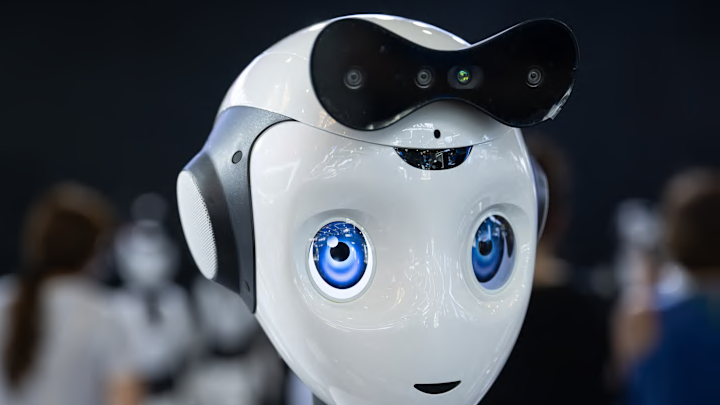Introduction
Artificial Intelligence (AI) has been a transformative force responsible for reshaping the future of the human race. John McCarthy, widely recognized as the father of AI, defined it as "the science and engineering of making intelligent machines." From scriptwriting to aviation and maritime law-making, AI's applications have sparked significant debate, controversy, and discussion. Yet, amidst all this discourse, a fundamental question has gone unanswered. Just how "artificial" is the intelligence in Artificial Intelligence?
Artificial Intelligence vs. Human Intelligence
Human intelligence is the result of a billion years of evolution, taking us from single-celled organisms to the most dominant species on the planet. Along this evolutionary journey, humanity has made remarkable progress in various fields—harnessing electricity, inventing the light bulb, and unlocking the secrets of nuclear energy. In recent decades, we have taken the next leap by creating AI. This technology allows machines to handle complex problems, learn from their environment, and, in some ways, mimic human behavior and processes.
AI has made tremendous strides, but it still pales compared to human intelligence. While AI can outperform humans in specific tasks and processes—such as data analysis, pattern recognition, and even certain creative endeavors—it falls short in other critical aspects. Traits like multitasking, social interactions, emotional intelligence, and self-awareness are inherently human and remain beyond the reach of AI. These traits set us apart from other species and define us and our place in the world.
Human intelligence is a complex interplay of memory, cognitive abilities, and consciousness—an intricate combination that cannot be replicated or programmed into a machine. AI, on the other hand, is limited to mimicking certain aspects of human cognition. It can process vast amounts of data with precision and accuracy, often outperforming humans in specific domains.
However, AI lacks the introspection, nuance, and judgment that characterize human decision-making. It operates in absolutes, following predefined rules and algorithms, while humans can navigate the gray areas of life, where a more layered response is often required.
Moreover, AI does not experience emotions, fatigue, or stress, which reduces the likelihood of errors in tasks where precision is paramount. However, the absence of these human traits also means that AI lacks the depth of understanding and the moral compass that guide human decisions. Human intelligence is not just about processing information; it involves empathy, creativity, and the ability to learn from personal experiences—qualities that AI, in its current form, cannot replicate.
The Future of AI
While concepts like Skynet, T-800s, and T-1000s from science fiction may seem far-fetched today, the rapid advancement of AI suggests that such scenarios could one day become a reality. As we continue to develop AI technologies, it is crucial to approach their implementation with caution and foresight. The ethical implications of AI are profound, and as the creators of this technology, we bear the responsibility of ensuring that it is used for the betterment of humanity.
It is often said that we create the things we fear the most. To avoid repeating the mistakes of the past, we must take a step back and recognize the power we hold in shaping the future. The world is in our hands, and it is up to us to ensure that AI is developed and deployed in a way that aligns with our values and safeguards the well-being of future generations.
Conclusion
Artificial Intelligence has heralded a new age of human research and innovation, offering unprecedented capabilities and opportunities. However, its complexity, depth, and consciousness are not a substitute for human intelligence. As we continue to push the boundaries of AI, we must do so with a clear understanding of its limitations and the potential consequences of its unchecked development. The future of AI is in our hands, and it is our responsibility to guide it wisely, ensuring that it serves as a tool for progress rather than our undoing.
Follow GeekSided to stay up to date with the future of AI and to leave comments and questions.
